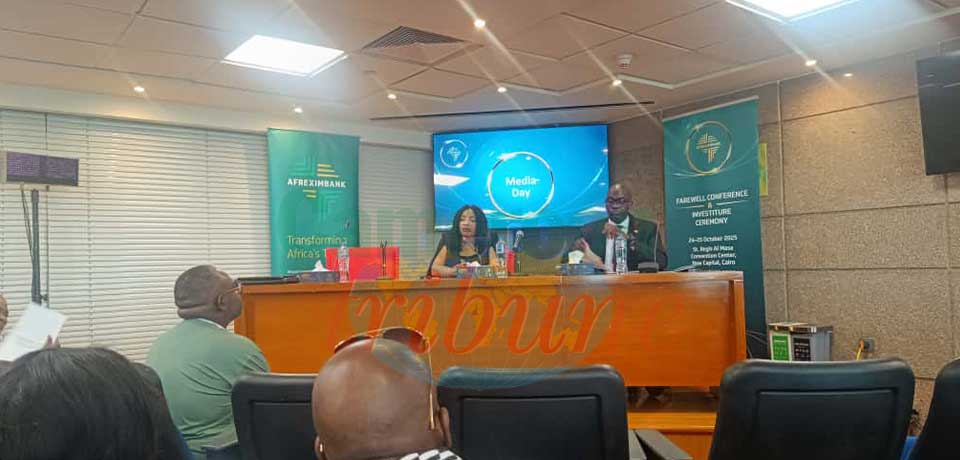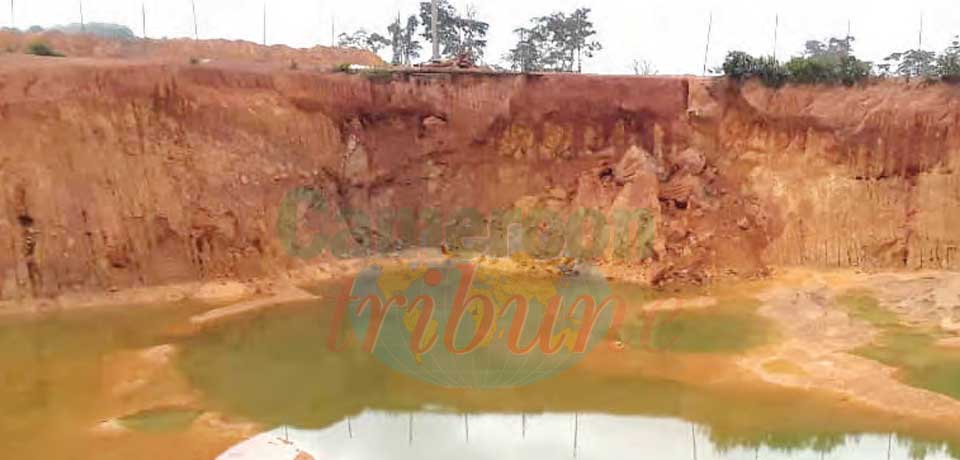“Ponzi Schemes Hampers Sustainable Development”
- Par Mary NKEMNGONG
- 09 Oct 2025 15:51
- 0 Likes
Dr. Fah Noushi Mono epse Apinjoh, Accountant, Financial Modeling and Valuation Analyst, Lecturer in Management, Accounting, and Finance.
What are Ponzi schemes and how can they be identified?
Ponzi schemes are fraudulent setups where money collected from new investors is used to pay early birds, instead of being invested in any real business activity. They usually promise unrealistic high and steady returns within short periods, such as 20% to 50% monthly, which no legitimate bank or microfinance institution in Cameroon especially can guarantee. In Cameroon, many of these schemes spread through social media platforms including Facebook, Instagram, TikTok; messaging apps like WhatsApp, Facebook Messenger; churches, community gatherings, and even work places (offices) where trust is exploited to lure people in. given the rapid growth of these schemes, some ways to identify these schemes and perhaps some warning signs include: Pressure to bring in new members while giving excuses when withdrawals are delayed; Lack of registration with authorities like the Ministry of Finance (MINFI) or COBAC; Vague explanations of how the money is invested. In short, if any returns sound too good to be true, they usually are.
How do economic situations affect the detection of these schemes?
Economic conditions play a profound role in how Ponzi schemes spread and how quickly they are exposed. I see the role as paradoxical. On the one hand during economic slump marked by unemployment, high living costs, and stagnant wages, people are more desperate to believe in “miracle” investments. This desperation makes it harder to detect the schemes early because they spread rapidly among those hoping to solve their financial difficulties. On the other hand, the same economic downturn also triggers the downfall of such schemes. When families urgently need cash, many attempt to withdraw their money at once. Since there are no real investments backing the system, withdrawals dry up the scheme’s funds and expose its fraudulent nature. In a nutshell, economic hardship both fuels the rise of Ponzi schemes and accelerates their collapse.
What are the economic implications of these schemes to local or national economies where they operate?
Ponzi schemes inflict severe harm on households, communities, and the national economy at large. Families who lose money find themselves unable to pay school fees, medical bills, or even maintain small businesses. At the community level, funds that could have been used to expand farming, trading, or construction are wasted, reducing productivity and slowing development. In 2022, my close relatives lost a huge sum of money that had been saved for farming to a Ponzi scheme. The collapse of that scheme meant his agricultural project was abandoned, and the family faced serious hardship. More recently, I am aware of employees in a renowned organization in Cameroon including the HR manager who were deceived into a similar setup called Cloud boost. Their losses to this scheme created t...
Cet article complet est réservé aux abonnés
Déjà abonné ? Identifiez-vous >
Accédez en illimité à Cameroon Tribune Digital à partir de 26250 FCFA
Je M'abonne1 minute suffit pour vous abonner à Cameroon Tribune Digital !
- Votre numéro spécial cameroon-tribune en version numérique
- Des encarts
- Des appels d'offres exclusives
- D'avant-première (accès 24h avant la publication)
- Des éditions consultables sur tous supports (smartphone, tablettes, PC)














Commentaires